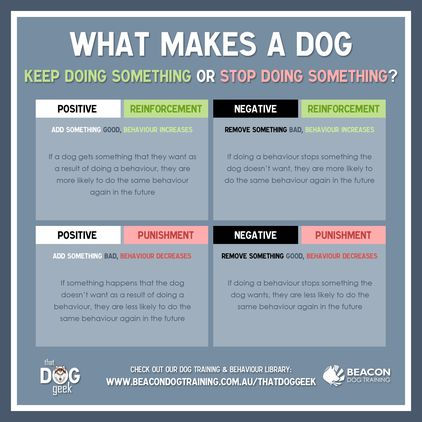
Puppy Care and Training Tips!
A puppy can require a lot of work in the first year of his/her life, but the rewards for spending quality time with your puppy in training, socialization, and love ... are definitely worth it! Remember that it's only 1 year out of your dog's entire life!
The following are a few common sense basics for puppy care:
1. Feed your puppy 2-3 meals a day! Puppies burn off a lot of steam and need to eat frequently in order to keep their blood sugars up to avoid hypoglycemia, and for proper nutrition for growth of healthy muscles and bones. Your puppy will typically be eating anywhere from 80 to 120 grams of raw food 3 times a day at 8 weeks of age when he/she is ready to leave Pleasant Meadows. You can bump it down to 2 meals per day around 4-6 months of age depending on your puppy's size and activity level which will in turn affect their need for more or less food intake.
2. Do NOT leave your puppy unsupervised! Your puppy should never be left unattended in your home (or anywhere) at any time! If you are too busy to watch your puppy (ie. cooking dinner, on the phone, etc.), put your puppy in his/her kennel or pen area that you should already have set up somewhere in your house. This will prevent your puppy from having accidents around the house (and you from becoming frustrated), and it is also for the safety of your puppy so that he/she can not get into harmful trouble around the house.
3. Set up ground rules and start training! Prior to bringing your puppy home you should already have rules in mind that you want your puppy to follow (ie. letting a puppy on furniture or not, access to certain rooms, not eating from the table, etc.) Having pre-determined rules helps you and your puppy communicate and for your puppy to know what is expected from day one to avoid confusion. Also, the best time to teach your puppy commands is within the 8-15 week range -- so you can start your training right away! Your puppy will learn commands and tricks quickly if done in this time frame! Training your puppy is not restricting him/her at all -- in the wild there is a natural pack order and set of rules and by setting boundaries you are establishing yourself as the pack leader. Teaching your puppy in a calm assertive manner will help your puppy to grow up into a well behaved and balanced dog in society and allow you enjoy a lot more activities with your dog and have a full life together!
4. Socialize your puppy! Your puppy has received the foundation to his/her socialization skills prior to leaving Pleasant Meadows, but this must be continued in your home for your puppy to grow up into a well balanced dog! Plan ahead and enroll your puppy in puppy training classes -- this is an excellent way for your puppy to meet new dogs, people, learn how to behave in public, and to listen to you even with distractions! You should do your best to avoid dog parks, walking trails, etc where other dogs and/or animals may frequently go to the bathroom to avoid exposing your puppy to disease. Remember your puppy isn't fully protected until he/she has received his/her full vaccination, but your puppy still needs to "see the world" so just choose your locations wisely.
Zak George's training methods are perfect for raising your Cavapoo puppy!
You can also follow Zak George on Instagram @zakgeorge
We highly recommend purchasing Zak Georges's book for all your training needs:
(CLICK ON THE PHOTOS TO PURCHASE ZAK'S BOOK ON AMAZON)
Here are links to Zak George's Dog Training Revolution's various Youtube playlists:
Here is a link to a Youtube playlist of general puppy care and training:
Must watch videos from Beacon Dog Training:
More great training resources from PupBox:
Endochondral Ossification of the Elbow joint in the dog.
Age 1 week - 12 months.
This video shows x-rays taken throughout a dog's first year of life and its very interesting to see how your dog is still developing up to a year old. We're sharing this to help people understand how high impact or repetitive motion exercise like jogging or running beside a person or a bike too early can damage the growth plates in your puppies joints. Damaging the cells can stop or alter growth and can lead to deformities in the bones and joints later leading to instability and degeneration like hip or elbow dysplasia or the early onset of arthritis.
In our Pleasant Meadows Puppy Purchase Agreement we ask that ALL families avoid high impact or repetitive motion exercise until 1 year of age.
Credit to Physio Evolution for this video: https://www.facebook.com/PhysioEvo/videos/201964403744475/?v=201964403744475
Below are great tips from Beacon Dog Training!
Click on the links and/or photo boxes for more helps with each area.
Pleasant Meadows takes no claim to the content!
Why Using Dog Park Time To Wear Out Hyperactive Dogs Isn't Always A Good Idea




























